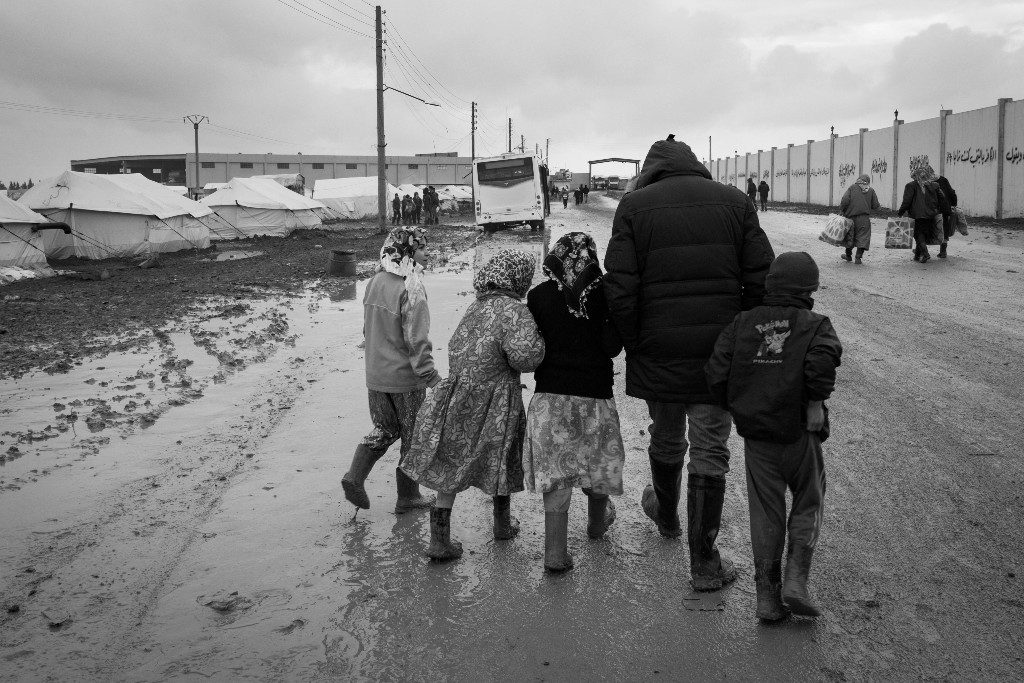I’m thrilled that on Friday, Open to Debate is presenting a debate at the prestigious GMF’s Brussels Forum, at the invitation of its host, the German Marshall Fund of the United States and that we’ll be taking the stage right after Madeleine Albright and Kristalina Georgieva address the room, no less.
The debate itself is about humanitarian intervention the exercise of military force for humanitarian reasons as we saw NATO do in Kosovo in 1999, and in Libya in 2011, and as no nation is doing at present in Syria (not really) or on behalf of the Rohingya communities in Myanmar and whether it does more harm than good.
And, for me, this question is visceral and relevant, and very real.
Back in my days as a foreign correspondent, I saw some of the kinds of disasters we’ll be talking about. Like rivers of refugees running from the violence of other peoples’ wars, having lost everything including, often, family members. Others unfolded in sorrowful slow motion, like the oppressive daily crushing of freedom in the raw police states I used to cover. There was a question I heard often, that was cried aloud in the warzones, and whispered to me in the police states. Why isn’t someone powerful NATO, the U.N., the U.S., France using their military might to stop the disaster? More accurately and literally it was: “Why isn’t the world-saving us?”
In those moments, I felt as helpless to answer them as they were to control their own destinies, because so many calculations go into the decision to intervene that have nothing to do with right or wrong and everything to do with pragmatic factors from alliances to budget constraints to perceptions of self-interest to attention spans.
And then there’s the ultimate pragmatic matter the aspect of it that we are distilling for debate in Brussels on Friday: Do such interventions actually succeed as intended? Do more people end up better off, most of the time, because force was used to save them? Or is the reverse true? Do so many unintended negative consequences pile up that the original impulse to help ends up feeling like a mistake?
The answers to those questions are exceedingly complex and depend on what one makes of more recent examples of such humanitarian intervention, like Kosovo and Libya. Based on what happened in those instances, are there lessons to be learned to make them go better? Or do they suggest that the skeptics are correct and that such interventions almost always amount to imperialist adventures disguised as altruism, violating the sovereignty of the target nations?
That’s just some of what will be discussed, and as someone who has been in places where the consequences are anything but abstraction, I will be listening closely to see what I learn. I hope you will too. You can watch the debate live here. And get your view heard too, by voting here to tell us where you stand on the issue.
Yours truly,
John















